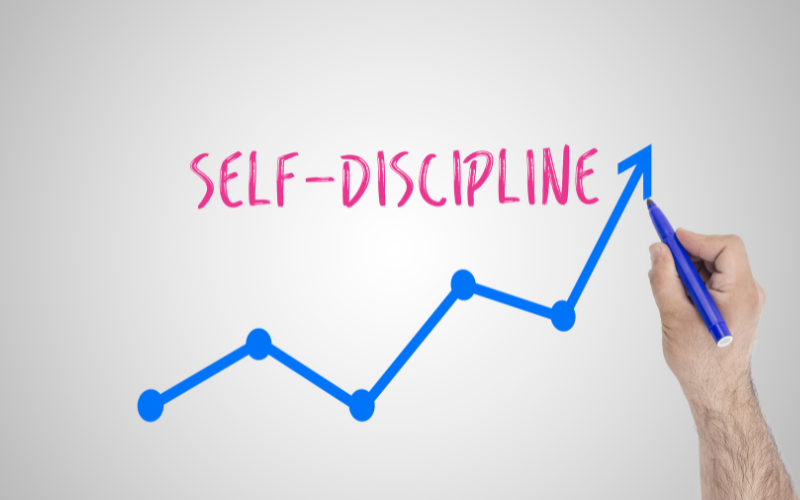Jean Piaget’s remarkably intricate and well-established theory on the stages of development endeavors to explicate the perplexing process through which children gradually evolve and learn over time. As an unequivocally prominent figure in the field of developmental psychology, Piaget’s rigorous empirical investigations have contributed significantly to the comprehensive framework aimed at elucidating how children develop their cognitive abilities, such as their capacity for sophisticated reasoning, multifaceted thinking, and intricate problem-solving.
The comprehension and assimilation of Piaget’s stages of development is of paramount importance for parents, caregivers, and educators who aspire to facilitate and bolster children’s learning and development by providing the requisite support.
In this article, we shall embark on an intriguing and convoluted journey to explore Piaget’s stages of development, lucidly elucidate their profound impact on the intricate and multi-dimensional learning process, and delve into the identification and implementation of the requisite support strategies that are essential for nurturing the development of children.

Who is Jean Piaget
Jean Piaget, a preeminent and trailblazing Swiss psychologist, has exerted a pervasive and profound influence in the realm of developmental psychology. His groundbreaking research and theories on the complexities of cognitive development in children have constituted a remarkable and enduring contribution to the domains of psychology, education, and child development. Piaget’s astute investigations focused on the intricacies of how children learn and evolve through the interaction between their biological maturation and their intricate experiences in the environment.
Piaget astutely postulated a series of stages of cognitive development that intricately and comprehensively describe the kaleidoscopic and dynamic nature of how children’s multifaceted thinking and reasoning abilities evolve and develop from infancy through adolescence. His pioneering work has had a pervasive and profound impact and has been widely acclaimed and recognized across various disciplines, including psychology, education, and philosophy. The profound and enduring impact of Piaget’s contributions will continue to reverberate and shape the field of developmental psychology and the intellectual landscape for generations to come.
Piaget’s 4 Stages of Cognitive Development
Piaget’s stages of development are divided into four main categories: Sensorimotor, Preoperational, Concrete Operational, and Formal Operational. These stages aim to comprehensively explicate the complex ways in which children think, reason, and problem-solve as they grow and develop.
Sensorimotor Stage:
The Sensorimotor Stage, the initial stage of Piaget’s theory of cognitive development, unfolds from birth to approximately two years of age. During this stage, infants and toddlers learn by using their senses and exploring their environment. The children develop a rudimentary sense of cause-and-effect and object permanence, which is the realization that objects continue to exist even when they are not visible.
Preoperational Stage:
The Preoperational Stage, spanning approximately from two to seven years of age, is characterized by the development of language and mental symbols. However, children at this stage still struggle with logical reasoning and are easily misled by appearances. Additionally, they often demonstrate egocentric behavior, which implies difficulty in comprehending other people’s perspectives and beliefs.
Concrete Operational Stage:
The Concrete Operational Stage, which commences at approximately seven years of age and continues until eleven, marks the onset of the development of more logical reasoning abilities. Children at this stage begin to understand the principles of conservation and can better appreciate the viewpoints of others, indicating a reduction in egocentricity.
Formal Operational Stage:
Finally, the Formal Operational Stage, starting from approximately eleven years of age and onwards, is typified by the development of abstract thinking and logical reasoning about hypothetical scenarios. Children at this stage can comprehend and analyze complex ideas and concepts, contributing to their intellectual growth and the realization of their cognitive potential.

The Impact of Piaget’s Stages of Developmenton Learning:
Comprehending the intricate nature of Piaget’s stages of development is pivotal in the creation of optimal learning opportunities for children by parents, caregivers, and educators. Understanding the cognitive abilities of children at diverse stages empowers educators to create curricula that are developmentally suitable and supportive of children’s learning. It’s important to note, however, that children don’t necessarily progress through the stages at the same pace or in the same order, which adds an element of unpredictability to the process.
How do I support Piaget’s stages of development in my child?
There are several ways to identify and support Piaget’s stages of development in children. As a parent, there are many ways to support Piaget’s stages of development in children. Promoting sensory exploration, imaginative play, problem-solving, and critical thinking are all excellent ways to facilitate a child’s cognitive development. Additionally, avoiding the imposition of adult concepts and ideas onto children’s learning experiences can create an ideal environment for optimal cognitive growth. Understanding the intricate nature of Piaget’s stages of development is an essential step towards unlocking a child’s intellectual potential and fostering their overall development.

FAQs
What happens if a child is not progressing through Piaget’s stages of development at a typical pace?
While most children progress through Piaget’s stages of development at a typical pace, some may experience delays or difficulties. If a child is not progressing through the stages at a typical pace, it’s important to seek the guidance of a professional such as a pediatrician, psychologist, or educator who can provide support and resources to help the child progress.
What are Piaget’s main ideas?
The 4 stages of Piaget’s cognitive development are:
- Sensorimotor stage (birth to 2 years)
- Preoperational stage (2 to 7 years)
- Concrete operational stage (7 to 11 years)
- Formal operational stage (11 years and up)
Why is Piaget’s 4 stages of cognitive development important?
Piaget’s 4 stages of cognitive development offer a quintessential lens through which we can observe and comprehend the intricate mechanisms that govern the cognitive progression of children.
Conclusion:
In essence, comprehending Piaget’s stages of cognitive development is pivotal to nurturing children’s cognitive development in the most effective way possible. By being aware of the different stages, parents, caregivers, and educators can design and implement learning opportunities that cater to each stage’s specific needs, thereby promoting optimal cognitive growth. Given the relevance of cognitive development to a child’s success in school and life, supporting and nurturing their cognitive development is of utmost importance. As children progress through Piaget’s four stages of development, they acquire the skills and abilities required to think critically, reason logically, and solve intricate problems, leading to a more successful and fulfilled life.




